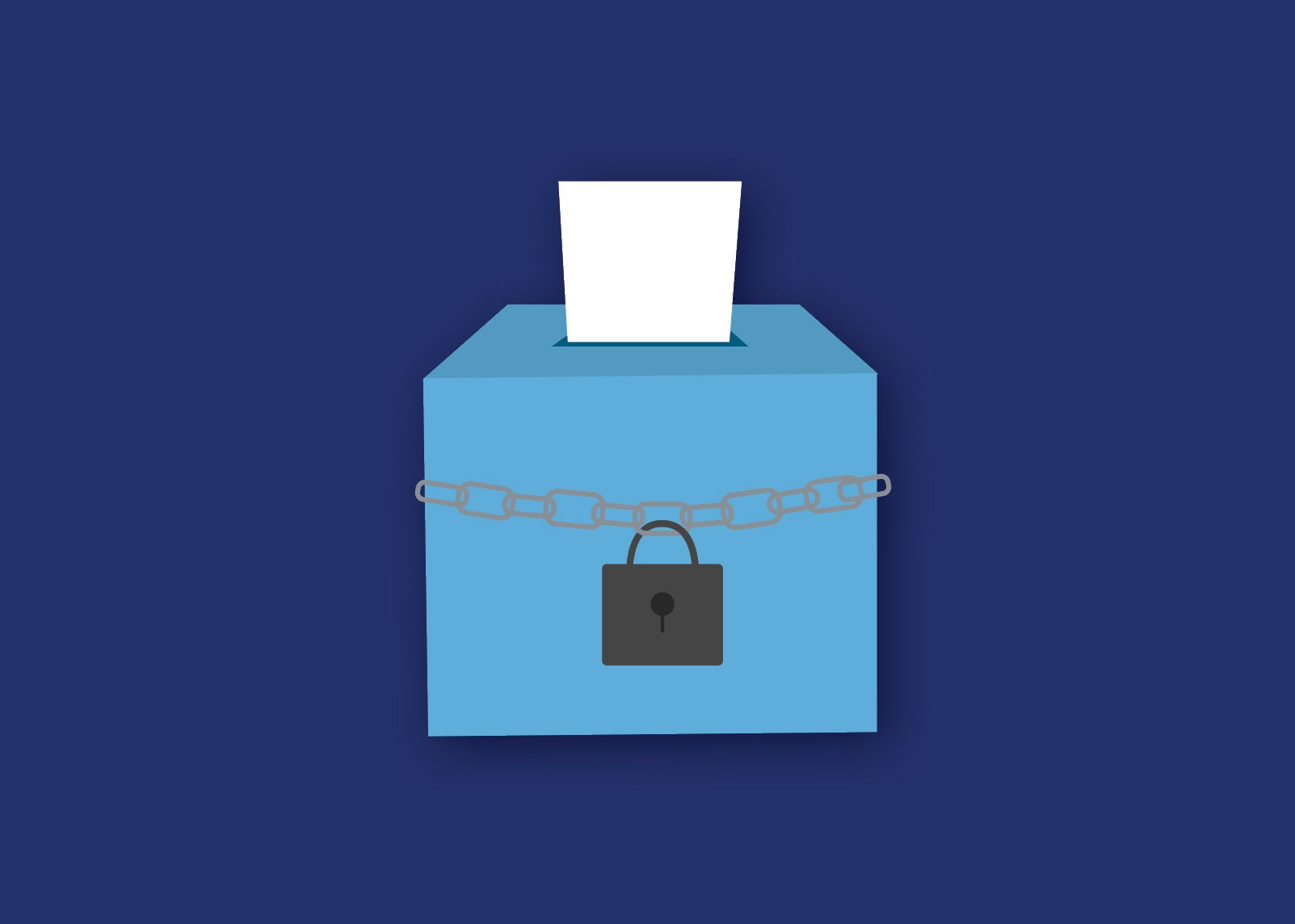Disinformation is a significant national security issue, likely to have major implications for the U.S. 2020 election. Disinformation, or intentionally sharing false information, can take many forms, such as false claims of voter fraud and false advice about COVID-19. Decisionmakers, including state and local election officials, the United States Intelligence Community, technology platforms, and professional media organizations, should be paying attention—and be prepared to respond to and mitigate these issues, assert Oumou Ly and Jorhena Thomas.
Ly, a staff fellow with the Berkman Klein Center’s Assembly: Disinformation program, and Thomas, an adjunct professorial lecturer at American University’s School of International Service, created a practical package of “tabletop exercises” for decisionmakers to simulate realistic scenarios in which disinformation threatens to disrupt the 2020 election. The package is freely available for public and academic use.
“We’re approaching a high stakes election. Countries across the globe, including the United States, are still working to contain the spread of COVID-19. At the same time, we’re navigating a resurgence of racial tensions and protests, and we know that these issues often form the basis of disinformation and divisive rhetoric in our politics. There are a number of unique challenges expected to affect the upcoming election, and key stakeholders need to be prepared for a variety of scenarios,” said Ly.
The publication was inspired by ongoing conversations within the Assembly: Disinformation program at the Berkman Klein Center, conversations between Ly and Thomas, and a desire to contribute a practical resource to the field of disinformation studies.
“We realized that we are in a unique position to reach stakeholders that need to be thinking about issues of election security and disinformation,” said Thomas. “Instead of adding to literature on why these issues are urgent today—and certainly will be in the future as well—we created a tangible output that can be used as a tool for thinking through the critical questions and potential implementation strategies that arise during information emergencies.”
The package includes four real-world scenarios targeted at the aforementioned decision makers: “Election Night Influence Operations” for state and local election officials; “Disrupted Voter Registration Drive” for technology platforms; “Hack and Leak” for professional media organizations; and “Vote Tally Discrepancy” for the U.S. Intelligence Community. It also includes discussion questions for participants from each stakeholder group to troubleshoot current disinformation response procedures and think through each issue.
“Disinformation, influence operations, inauthentic behavior, and other forms of amplifying misleading information, especially about elections, touch a number of sectors. We hope stakeholders find these exercises useful as they work to optimize their interventions against disinformation. We also hope that it aids in the development of new contingencies, as future elections are certain to be beset by similar political and cybersecurity challenges”, said Ly.
“Oumou Ly and Jorhena Thomas’s exercises ask us to confront the complexities of taking on disinformation around elections,” said Jonathan Zittrain, the George Bemis Professor of International Law and co-founder of the Berkman Klein Center, who also leads BKC’s Assembly: Disinformation program. “True to the Assembly program’s spirit of bringing together people from across disciplines and roles to solve profoundly difficult problems, their work makes clear that the absence of an easy solution should make us work harder and more creatively, rather than move on.”
